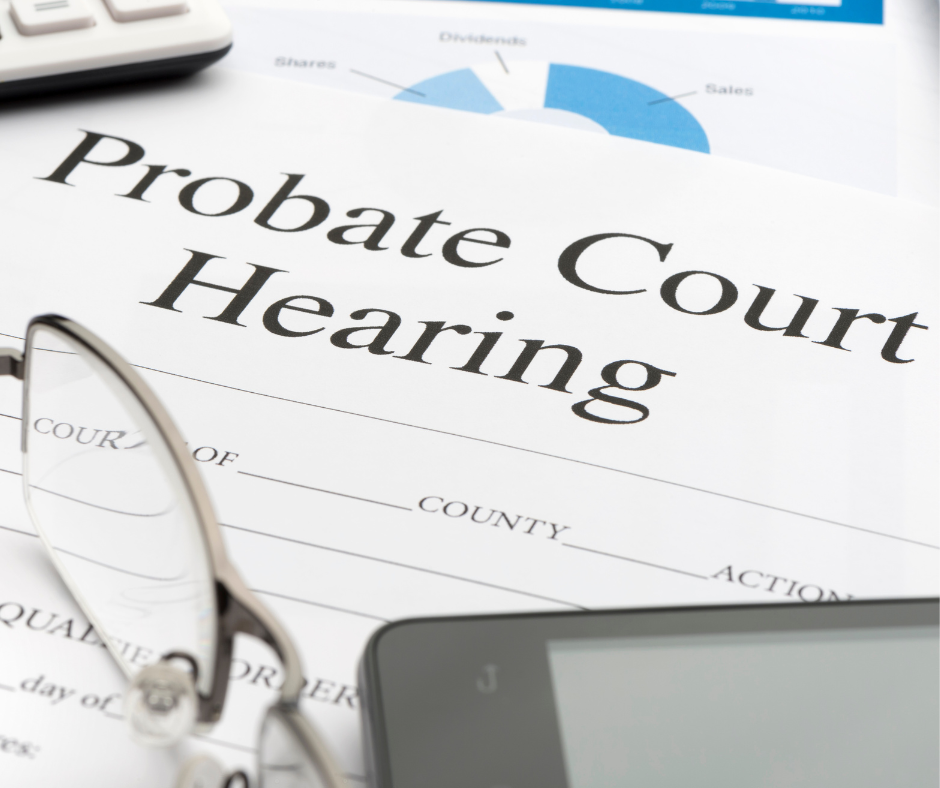1031 Exchanges – Defer, Defer, Defer
Tax Free Exchanges of like kind real property used in a trade or business, or for investment, are
allowed under to IRC Sec. 1031. Real property generally qualifies as a like kind asset to other
real property, even if the difference in value or appearance is significant. This technique allows
growing companies to move into bigger buildings and defer tax on any appreciation. It also
allows investors to exchange one rental property for another. 1031 Exchanges do not always fit
the fact pattern, but when they do, they are a great option.
If you receive “boot” (cash) as part of the exchange, you will be taxed to the extent of your built-
in gains on the relinquished property, even if it otherwise qualifies under Sec. 1031. There are
other well-established rules and guidelines that taxpayers should heed in order to defer the built-
in gains on currently owned business or investment properties.
Timeline and Property Classification
The property must be used in a trade or business, or for investment. If you own a rental property
and have decided to upgrade to a different investment property, then you can defer the built-in
gain of your current property. You must identify a like-kind property to purchase within 45 days
of the first sale and close on the replacement property within 180 days. Generally, you can
identify up to three properties. This is helpful if you are unsure of which property you will
actually purchase. Failing to properly identify properties within 45 days of the first sale is
frequently where taxpayers lose the benefit of using Sec. 1031.
The classification of the property as investment must be able to withstand IRS scrutiny. The IRS
has provided a safe harbor for mixed use rentals that allows personal use of the property for up to
14 days in the 12 months before the sale, with a post-exchange period of 24 months that ensures
the replacement property continues to be an investment property. If you eventually want to retire
in the investment property or make it strictly a personal residence/vacation home beyond the 24
months, you can do that.
Use a Middleman
Also referred to as a Qualified Intermediary. This professional ensures the IRS rules are followed
so you get the intended results. Using a Qualified Intermediary avoids pitfalls like commingling
assets or losing track of certain deadlines. The Replacement Period (the time after the first sale
and before the purchase of replacement property) is often a danger zone for taxpayers. A
seasoned middleman can help you through this without incident. Frequently, CPAs or lawyers
will also serve as Qualified Intermediaries.
1031 Exchanges are a great option for taxpayers who want to upgrade business or investment
properties, or simply to relocate. As long as the rules are followed, this (usually) tax-free
exchange is available to defer tax and keep more money in your operating account.










